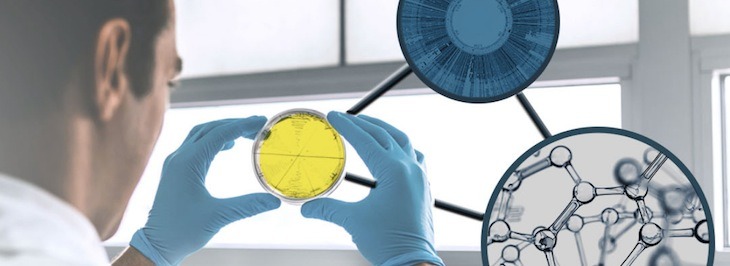NIH awards UAMS $3.7 million for more effective TB vaccine
by October 1, 2024 9:52 am 192 views

UAMS researcher Lu Huang, Ph.D., has received a $3.7 million grant from the National Institutes of Health (NIH) to support his pursuit of a more effective tuberculosis (TB) vaccine.
The five-year grant from the NIH National Institute of Allergy and Infectious Diseases will allow Huang to explore new ways to help the body fight TB based on his recent findings.
Bacille Calmette-Guérin (BCG) is the only approved vaccine available today and has been used since 1921. Although protective for children, its effectiveness when given to adults remains uncertain, and it is not commonly used in the U.S.
Huang, who has been studying TB since 2014, is taking a different approach by focusing on a type of lung immune cell that he found allows TB-causing bacteria, Mycobacterium tuberculosis (Mtb), to quickly multiply. The immune cells, known as alveolar macrophages, offer a hospitable environment for growth of Mtb soon after it gets into the lungs via airborne transmission.
Huang secured the NIH grant after discovering how macrophages respond differently to TB infection depending on their origin and the potential for reprogramming their metabolic pathways.
“We’re thinking we can harness these cells to make them more restrictive or controlling of the growth of Mtb,” he said. “If we can identify certain metabolic pathways and if we inhibit or boost these pathways, we can have more effective immune responses to TB.
Huang is breaking new ground, noting that there hasn’t been comprehensive research into understanding the origin (called ontogeny) and metabolism of macrophages in TB.
“Those two angles are exciting areas for us to pursue,” he said. “The significance of this work is that it’s really translational to human vaccines or therapeutics against this disease because we can identify genes or pathways, that may be druggable or can be the targets for therapeutics.”
The research includes a collaboration with UAMS clinician and researcher Josh Kennedy, M.D., based at the Arkansas Children’s Research Institute. Kennedy’s expertise includes allergic and immunologic diseases. He is an associate professor in the Department of Pediatrics, Division of Pediatric Allergy/Immunology and Department of Internal Medicine, Pulmonary and Critical Care Medicine, and he sees patients at Arkansas Children’s Hospital.
